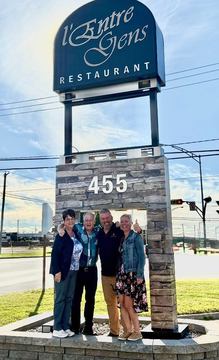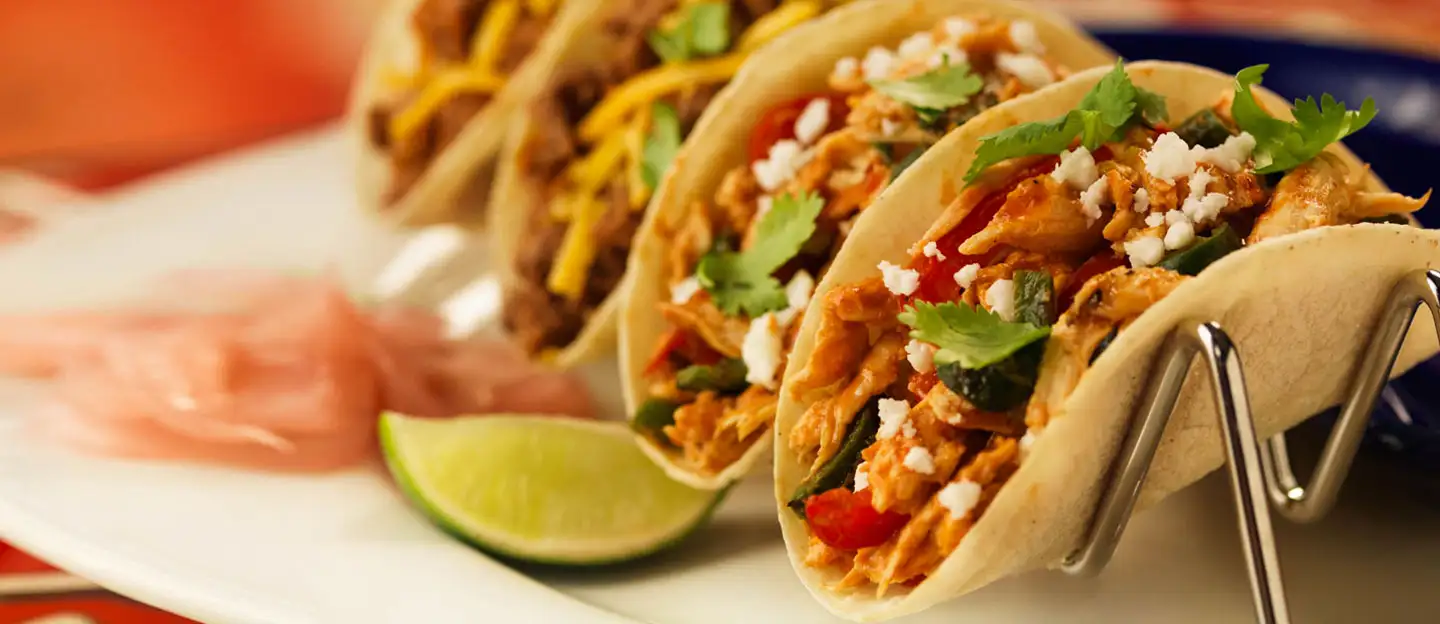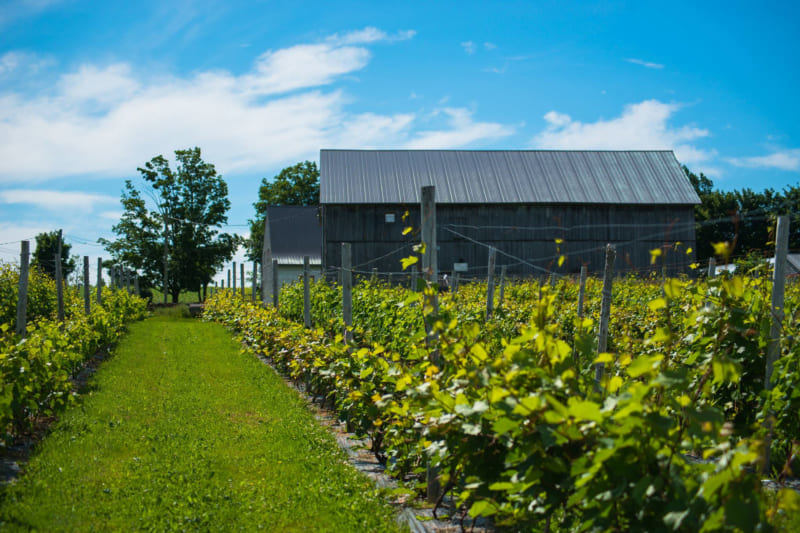
For this new edition of Fast Delivery, we offer you a busy menu. We will discuss the new vineyard project of the owners of the restaurant ARVI, recruitment abroad and the trend of eco-efficiency in restaurants. Take a seat, we start now!
First, the owner of the renowned ARVI restaurant located in the Limoilou district of Quebec City, acquired the Domaine Bel-Chas vineyard with his spouse in recent months. But as soon as the first bottles of the 2022 cuvée go on sale, look for the Domaine ARVI labels instead. Loving to be involved in more than one project at a time, the chef remains in charge of the kitchen but will also take care of his vineyard about four days a week. In a few years, they will obtain their organic certification and would like to develop ciders, because there are also apple trees on the estate of more than 4 hectares, in addition to possibly installing a large vegetable garden and increasing the production of Honey.
Then, as we are still in the era of labor shortages and this is having a negative influence on the province's economic growth, the government wanted to give businesses, including restaurants, an extra helping hand. Indeed, starting this year, nearly twenty Quebec Days will be organized in most Francophile countries such as France and Morocco, hoping to be able to attract nearly 3,000 people to come and settle and work here. Although priority is given to the information technology, engineering and construction sectors, hotels and restaurants will also be in demand.
Finally, restaurateurs are becoming more aware of their environmental impact. Already, the vast majority of them will prioritize local producers for the development of their menu or will look for producers who respect the principles of sustainable development. Others will set up a composting system to turn it into a natural fertilizer that they can then use for their soup, most of the time installed on the roof of their building.
Eliminating food waste is another very important aspect in order to develop eco-efficiency. During a conference held in Quebec City as part of GastronomiQc Lab, some examples were given by Jade Lévesque, researcher at Laval University: “Offer bread and butter only on request, instead of systematically. Plan to use the discarded parts when making a tartare for another recipe. »
All the little details matter! And that's good, because a third of the world's production is thrown away. So, with the demand increasing, researchers are very concerned.







